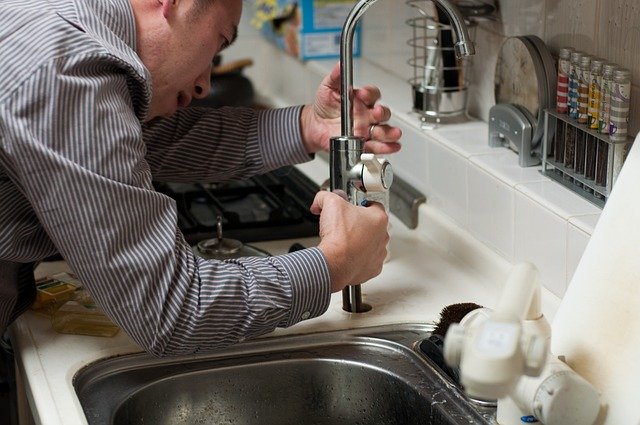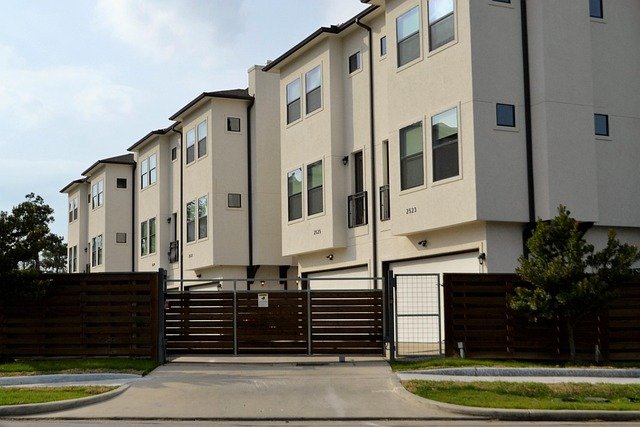Save on Dental Care: Senior-Friendly Strategies in 2025
A healthy smile is worth investing in—but that doesn’t mean you should overpay. This guide walks seniors through practical, senior-friendly strategies for saving on dental care in 2025, from knowing which services matter most to understanding smart ways to reduce recurring costs.

How Are Dental Needs Different for Seniors?
As we age, our dental needs evolve significantly. Seniors often face unique challenges including dry mouth (often medication-induced), increased risk of gum disease, wear and tear on existing dental work, and greater susceptibility to oral cancers. These conditions make regular dental care even more critical, yet many seniors find themselves with reduced insurance coverage just when they need it most.
Beyond the physical changes, accessibility becomes a consideration too. Many seniors require dental practices with wheelchair access, ground-floor facilities, or providers experienced in treating patients with conditions like arthritis or dementia. Finding specialized senior-focused dental care addresses these unique needs while potentially reducing complications and repeat visits.
What Are Effective Ways to Cut Senior Dental Costs in 2025?
Several approaches can help seniors maintain their dental health without breaking the bank:
-
Prioritize preventive care to avoid costly restorative procedures
-
Investigate dental schools where supervised students provide discounted services
-
Research community health centers offering sliding-scale fees
-
Ask about senior discounts, as many practices offer them but don’t advertise
-
Consider dental membership plans as alternatives to traditional insurance
-
Look into veteran benefits if you’ve served in the military
-
Explore clinical trials for new dental treatments
-
Bundle appointments to reduce the number of office visits
-
Ask about payment plans before treatment begins
-
Check eligibility for Medicare Advantage plans with dental benefits
-
Research charitable organizations providing dental services to seniors
Implementing even a few of these strategies can significantly reduce out-of-pocket expenses throughout the year.
How Can Seniors Develop a Practical Dental Budget?
Creating a dental budget helps prevent financial surprises while ensuring necessary care isn’t postponed. Start by categorizing dental expenses into three tiers:
-
Essential preventive care: Regular cleanings, exams, and x-rays
-
Maintenance treatments: Fillings, repairs to existing work, periodontal care
-
Major procedures: Implants, dentures, crowns, major surgeries
Allocate funds for preventive care first, as these services help avoid more expensive treatments later. Set aside a monthly amount in a dedicated “dental fund” to accumulate over time, preparing for both routine care and unexpected needs.
Consider timing larger procedures strategically. Some seniors find benefits in scheduling major work across calendar years to maximize insurance benefits. Additionally, ask dental providers about the urgency of recommended treatments—some procedures can be scheduled months in advance, giving you time to save.
What Questions Should Seniors Ask When Comparing Dental Providers?
Making informed decisions about dental providers requires asking the right questions:
“What percentage of your patients are seniors?”
The answer reveals experience with age-related dental issues and comfort treating older adults.
“Do you offer specific accommodations for patients with mobility issues or chronic conditions?”
Look for practices with wheelchair accessibility, longer appointment options, or special accommodations.
“What preventive care approach do you recommend for seniors?”
Their answer demonstrates understanding of senior-specific oral health challenges.
“What payment options do you offer beyond traditional insurance?”
Quality providers often have alternative payment arrangements for seniors without comprehensive coverage.
“Can you provide a complete treatment plan with alternatives before beginning work?”
This ensures you understand all options, including more conservative approaches when appropriate.
“Do you coordinate with my physician regarding my medical conditions?”
Important for seniors with conditions affecting dental treatment or requiring medication management.
What Are The Latest Senior-Specific Dental Innovations in 2025?
The dental landscape for seniors has evolved significantly in 2025, with several innovations making care more accessible and comfortable. Teledentistry has expanded, allowing seniors to consult with providers remotely for initial assessments, second opinions, and follow-up care—particularly valuable for those with mobility challenges.
Mobile dental services have increased nationwide, bringing basic care directly to senior living communities and even private homes. These services help overcome transportation barriers while providing care in comfortable, familiar environments.
Dental technologies now include less invasive procedures for common senior issues like tooth loss and decay. Computer-assisted design has shortened the timeline for creating dentures and implants, while improvements in materials have made dental work more durable and natural-looking than ever before.
How Do Different Dental Service Providers Compare for Seniors?
When evaluating dental service providers for seniors, it’s important to compare more than just the basic services offered. Different provider types present distinct advantages and considerations:
| Provider Type | Specialization for Seniors | Accessibility Features | Payment Flexibility |
|---|---|---|---|
| Private Practice Dentists | Varies widely; some specialize in geriatric dentistry | Often determined by office location and setup | May offer in-house discount plans or payment options |
| Dental Schools | Students gain experience with various senior conditions | Usually wheelchair accessible with assistance available | Significantly reduced fees with flexible payment arrangements |
| Community Health Centers | Often experienced with medically complex patients | Typically designed for accessibility | Sliding scale fees and multiple payment options |
| Mobile Dental Services | Specifically designed for seniors with mobility issues | Brings care directly to patients | Various payment models including group rates for facilities |
| Veteran Affairs Dental | Experience with veteran-specific issues | VA facilities meet accessibility requirements | Based on service eligibility and disability ratings |
Prices, rates, or cost estimates mentioned in this article are based on the latest available information but may change over time. Independent research is advised before making financial decisions.
Balancing Quality and Affordability in Senior Dental Care
Finding the right balance between quality dental care and manageable costs remains the ultimate goal for seniors. The good news is that with proper planning and information, both are achievable. Regular preventive care continues to be the most cost-effective approach, potentially saving thousands by addressing issues before they require complex intervention.
Many seniors find success with a mixed approach—using insurance or membership plans for routine care while researching alternative options for specialized treatments. The landscape of senior dental care continues to evolve, with more providers recognizing the importance of creating accessible, affordable options for this growing demographic.
This article is for informational purposes only and should not be considered medical advice. Please consult a qualified healthcare professional for personalized guidance and treatment.




